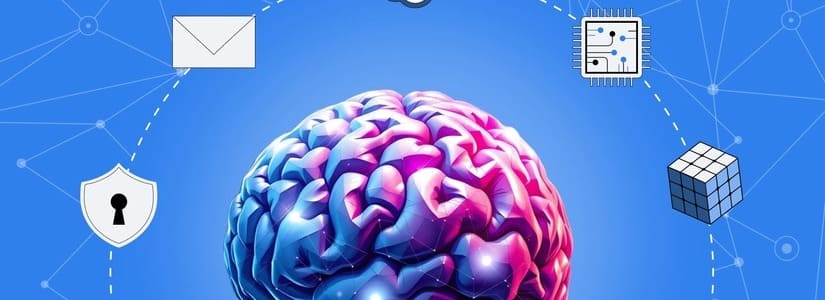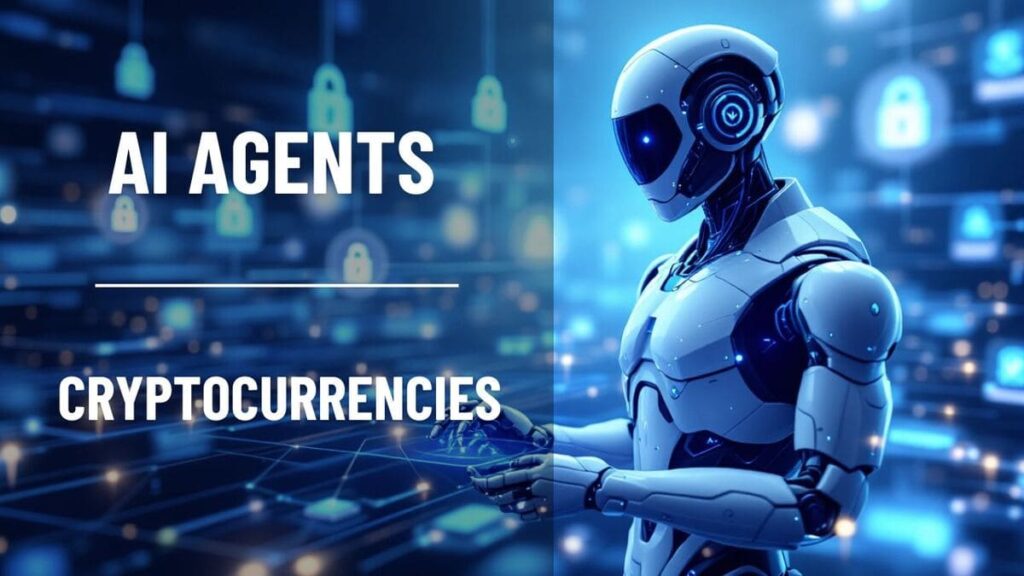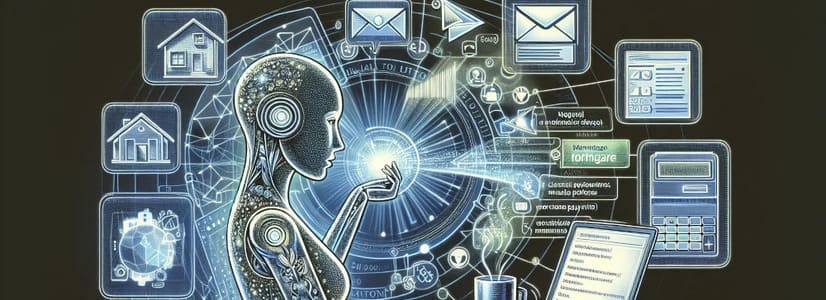TL;DR
- The combination of AI agents with cryptocurrency infrastructures has the potential to transform the digital economy by offering automation and programmable global transactions.
- The immaturity of the AI agent market and the cultural disconnect with the crypto ecosystem make the seamless integration of these technologies challenging.
- Solutions such as customized tokens, reputation systems, and tailored protocols are fundamental to unlocking the combined potential of both technologies.
AI agents have the potential to elevate cryptocurrency development to the next level through the integration of automation capabilities with decentralized financial infrastructures.
What Are AI Agents?
AI agents are systems that process information and autonomously execute tasks in various environments. They can leverage the features of cryptocurrencies to enable agile and programmable transactions on a global scale. However, their real progress will depend on achieving greater technological maturity, supported by robust financial infrastructures and cultural acceptance.

Shortcomings and Challenges to Overcome
Currently, the AI agent market is in an early stage of development. Although the idea of autonomous agents managing complex tasks has inspired numerous demonstrations, most of these initiatives lack products ready for widespread adoption. This lack of maturity limits the possibilities of effectively integrating cryptocurrencies into agent workflows, slowing their adoption as a fundamental financial medium.
Furthermore, the disconnect between artificial intelligence and cryptocurrency communities is a significant hurdle. Developers of AI platforms often perceive cryptocurrencies as an obstacle rather than an enabling tool. This perception is exacerbated by investor skepticism during periods of market uncertainty. This cultural friction underscores the urgency of finding solid use cases that demonstrate the unique value of cryptocurrencies in AI agent operations.

The Advantages of Cryptocurrencies and Blockchain
Despite current limitations, cryptocurrencies offer unique advantages that could revolutionize how AI agents operate. Their programmability, global availability, and capability for instant settlements overcome many of the limitations of fiat money, especially in transactions between agents or between agents and humans.
Stablecoins represent a viable starting point for these interactions, providing enhanced security and efficiency. However, their functionality is limited since they lack mechanisms to resolve disputes or incentivize agent performance.
To maximize the potential of this integration, it is necessary to develop tokens and protocols specifically designed for AI agent workflows. These could include staking systems that incentivize quality work, validators to manage conflicts, and reputation structures linked to performance. These tools would enable agents to manage payments and collaborate on tasks efficiently, eliminating operational frictions.
Conclusion
There is no future where these technologies are not intertwined, but their joint success will depend on overcoming technological and cultural barriers. While initial needs can be met, the development of specialized financial infrastructures will be crucial to unlocking their full potential.
AI agents could become the gateway for cryptocurrencies to establish themselves as the medium of exchange for the economy and artificial intelligence, creating an ecosystem that merges automation with decentralized finance











